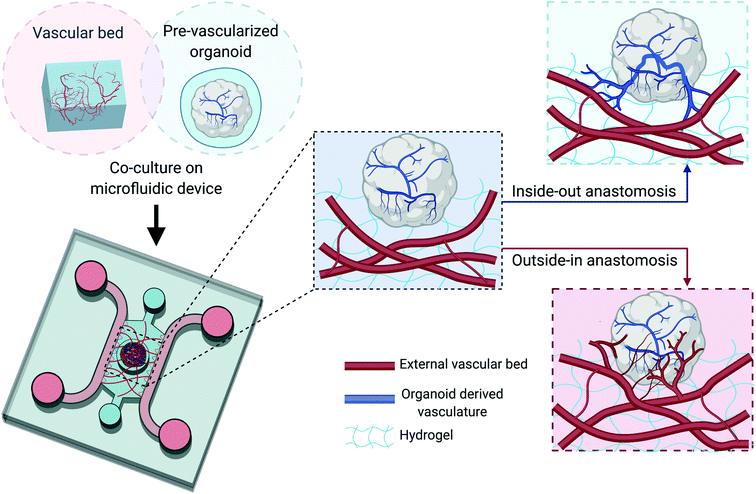Organoids May Revolutionize The Future of Biocomputing
Organoid intelligence is a relatively new field of study, exploring the possibility of utilizing miniaturized organoids to simulate the functions of a traditional computer. The main advantages of organoids as computing materials are their inherent biological properties, which can be leveraged to develop more efficient and powerful computing systems than those created with electronic circuits.
Organoid-based computers could be used for a variety of tasks, including medical diagnostics, autonomous navigation systems, and data processing. These organic-based computers are based on the idea that cells can be wired together to form small networks that perform the same functions as electronic circuits. This type of system is capable of learning, adapting, and making decisions in a manner analogous to how it would be done by a human brain.
Organoid computers use genetic engineering techniques to program cells with specific traits and behaviors that enable them to interact with each other in ways similar to neurons in the brain. By linking these networked cells together, they can form complex patterns that can then be used for computation. In comparison to electronic circuits, this type of computing has several advantages. For example, due to their biological nature, organoids require less energy and generate less heat than traditional computers; they are also able to process information much faster than electronics—about 1000 times faster!
Because organoid-based computers are not restricted by physical components like transistors or wires, they can have greater memory capacity and problem-solving abilities than traditional machines. Additionally, since these systems rely on natural processes like photosynthesis for energy instead of electricity from batteries or power outlets, they are more sustainable than traditional computer technologies. Finally, because these computers are composed of living organisms—copying from nature—they may have greater adaptability than standard machines when faced with changing conditions or new tasks.
Overall, while still an emerging field with many unknowns yet unexplored potentials, organoid intelligence is an exciting prospect for future generations of computing systems capable of more advanced tasks at unprecedented speeds with greater sustainability and resilience against environmental changes.
Photo Credit: RSC.org with Creative Commons Attribution 3.0 Unported Licence
